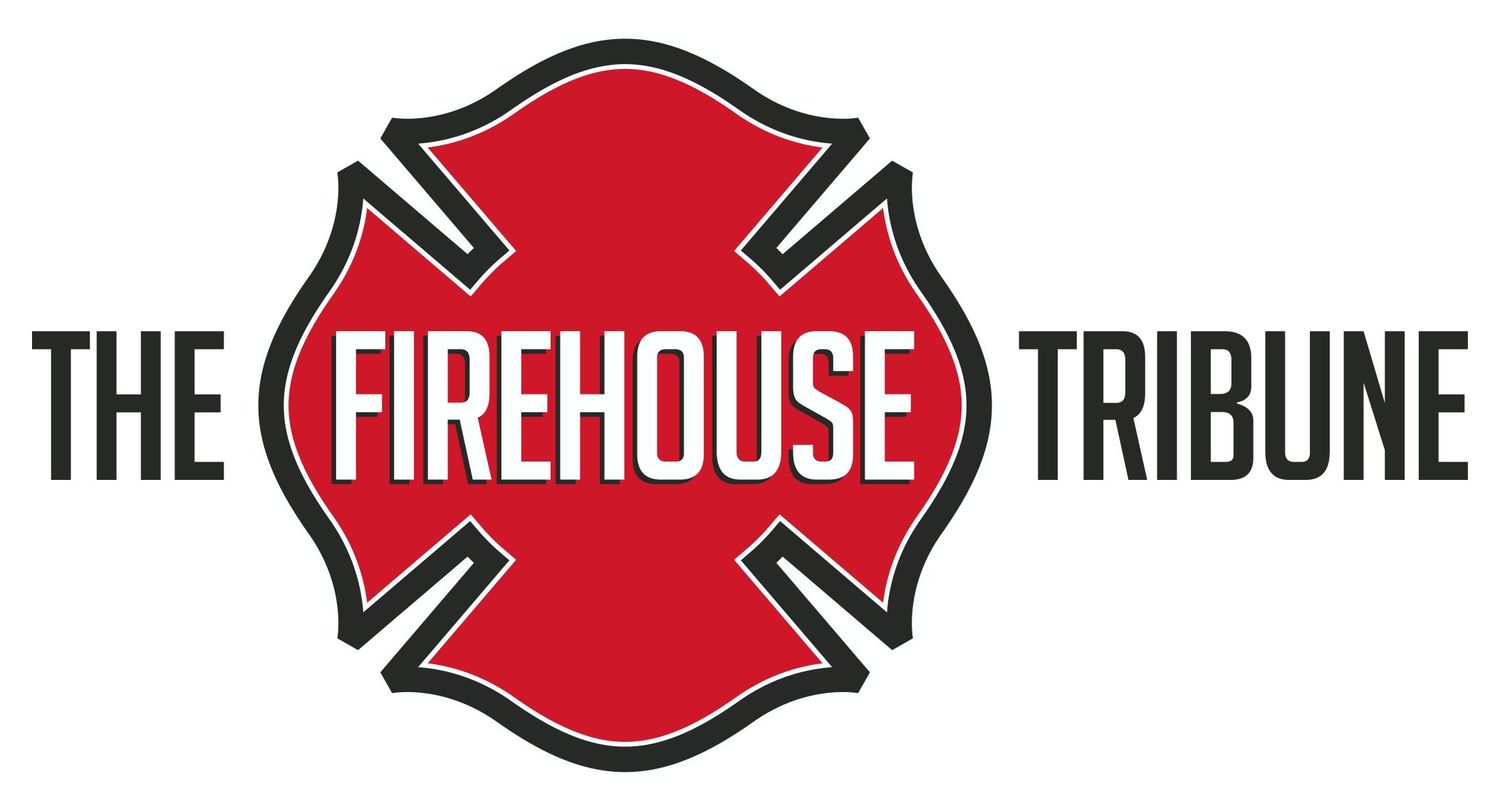Honestly, it is a pretty awesome flag. The Maryland state flag. It is a rectangle piece of cloth with the colors black, white, yellow, and red. I am accustomed to seeing flags with different shapes and colors. My time in the military has made travel around the world possible. It’s probably because I have been bombarded with so many flags, I typically don’t give them a lot of thought. Ironically, I didn’t come to realize the greatness of the Maryland flag by living in Maryland. I realized it by working in Virginia.More than a few times someone would ask, "Why do you Marylanders love that flag so much?" Another Maryland native would typically answer, "Because it awesome!"Honestly, he’s not wrong.
The Maryland flag is on every possible thing possible. EVERY. THING. Look for a Virginia flag helmet sticker. Can’t find it. A Maryland one? Twenty versions. The flag is on beach towels and coffee cups. It was on a plane from Southwest. A Plane! Although I don't completely identify with loving the Maryland flag, I get it. It's what it symbolizes. When a true Maryland native looks at the flag, he or she can smell the old Bay food seasoning. Taste the blue crabs. The roarof the cheering crowd at the University of Maryland games is deafening. Seeing the flag can take you to a great place for a person from the state of Maryland.
Everyone who encounters the Maryland flag can be broken up into three groups: 1) Diehards who value the flag highly, 2) People who don't fully get it, but think it pretty cool and 3) those who simply see it as a piece of cloth with colors. One symbol, three different views. All three views can be debated. As usual, none actually wins. Your interpretation of an object can be as different as the people who see it. So, what's the truth?
Unless you live under a rock, you know the US is having some major debates about flags. From the confederate flag to the American flag. There is nothing in this post that will ‘win’ the debate for one side or the other. Yet, in the workplace, in the fire service, or where ever one encounters groups of people will need get work together despite the version truth they see.
Pastor John Gray did a talk for Soul Sessions where he talked about “The Bridge”. A place where two people can meet even though they don’t agree with one another. “The Bridge”, is a safe place for thorny conversations to happen without major conflict. As a leader, or aspiring leader, are you creating bridges? If you have not experienced the following know that it is coming: people on your team will disagree viscerally about a topic, yet still need to work together. Using what I have seen on the smaller, more lighthearted matter of the Maryland flag, try getting your team, crew, office to go AOR:
• Accepting someone else’sbeliefs
o Accepting is not agreeing. It is just noting that another point of view exists. “Yes, I see that the Maryland flag means a lot for you. I don’t get it. But I value your point of view.”
• Open, but not rude about your belief
o I sometimes hear people say “I’m not trying to be rude, but…” Most times, people are looking for a way to not use tact when stating a point. This normally leads to bigger conflict. Instead, start off with “My perspective” or “My belief”. You are not judging some else’s thoughts, just stating your own
• Remembering what you came to do
o A contingent of people from my Virginia Fire Dept went to Ellicott City, MD to help with the flooding situation. I’m not there, but I’m willing to bet no one is judging the Maryland flag. No one is judging ANY flag. People are there to help the mission: get people out of harm’s way.Do you know your organization’s mission? Vision? Values? Successful groups should have individuals with some of these things in common. As a leader, you will need to remind peoplewhat is common among them. Get people to focus on the common mission, vision, and values instead of the different flags.
Flags are important symbols for people. They embody a great number of values. Evoke a great number of emotions. All of which can vary from person to person. As a leader, you will be tasked with taking people and uniting them not under one flag, but under one mission. Different people. Ordinary people…who will have an extraordinary impact.
About the Author
NICK BASKERVILLE has had the honor of serving in the United States Air Force for 10 years, followed by 4 years in the United States Air Force Reserves. He attained the rank of Technical Sergeant (E-6). Nick also has 18 years of fire service time, with 15 years of that being in a career department in Northern Virginia. Nick has had the opportunity to hold positions in the Company Officer's section of the Virginia Fire Chief's Association (VFCA), The Virginia Fire Officer's Academy (VFOA) staff, and as one of the IABPFF representatives to the Fire Service Occupational Cancer Alliance. Nick is one of the many trainers for Firefighter Cancer Support Network (FCSN) to offer awareness and prevention training about cancer in the fire service. Nick has the honor of being one of the many contributors for The Firehouse Tribune.
Nick is also a member of the public speaking organization Toastmasters. He holds an Advanced Competent Bronze (ACB) certification. He also tells personal narrative stories that have been featured on shows for The Moth, Better Said Than Done, and Storyfest Short Slam. Follow more about storytelling and public speaking for purpose at Story Telling On Purpose (www.stop365.wordpress.com)










